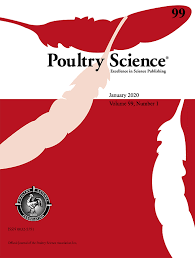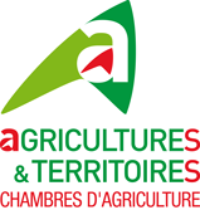Document type: dossier #LeRendezVousBEA from the VetAgro SupAnimal Welfare Chair
Author: Marion Weisslinger
Preview: In partnership with the Fondation Droit Animal, Ethique et Sciences (LFDA) and the Fondation Pierre et Adrienne Sommer, the French Animal Welfare Chair has carried out a study on CM1-CM2 pupils' knowledge of the animal world and animal welfare. The results of this study were made public at the "Connaître et respecter les animaux : un enjeu pour l’Éducation nationale" (knowing and respecting animals: a challenge for national education) co-organized by the two foundations at UNESCO on December 5, 2023.
Methodology
The study began with two questionnaires, one for pupils and the other for teachers, distributed to CM1-CM2 classes between April and November 2023 via the project partners' social and professional networks, and via the Direction Générale de l'Enseignement Scolaire (Dgesco). Educational fact sheets for pupils and teachers, were made available with the questionnaires, enabling teachers who volunteered to do so to run a teaching session on the topic with their pupils. In total, 518 children from 25 classes took part in the study, living in different regions of France and in both urban and rural areas.
Headline results
The results of the study showed a fairly marked intimacy between pupils and companion animals: 82% of pupils stated that they had a pet at home or had had one in the past, and the majority named a pet as their favorite animal. On the other hand, the study revealed a degree of distance between pupils and farm animals: 22% said they had never visited a farm, 25% had only seen a real farm animal once in their lives, and 6% had never seen one. While the pupils distinguished well overall between the animal and plant worlds, they found it hard to situate humans in relation to the animal kingdom: 76% did not classify humans as animals. Pupils' answers showed good knowledge levels of regarding the origin of raw animal products, but less so when it came to making the connection for processed animal products such as nuggets. With regard to animal welfare, the pupils showed a good general knowledge of the basic needs of animals, but with an anthropocentric vision of the animal, since 45% thought that giving animals a name was one of their basic needs.
Explanatory factors
Although the number of pupils and classes taking part in the study is not great enough to be able to draw any conclusions, certain trends could be observed. Individual factors play an important role in the level of knowledge of the pupils: the success rates in the questionnaires were higher for pupils who stated that they were close to animals on a daily basis (and looked after them), had frequent contact with "nature" (walks in the woods, in a garden, etc.) or for those who stated that they had regular access to documentary resources (books, videos) on the subject of animals. This raises the question of the possible role of schools for children who do not have the benefit of such a learning environment at home. On the other hand, environmental and educational factors appear to be less influentual: the amount of time devoted by the teacher to the topic of animals did not appear to have any impact on the success rate, nor did whether pupils lived in urban or rural areas. While the success rates observed were slightly lower for pupils in REP/REP+ (priority education network) zones and slightly higher for pupils in private schools, these results would need to be confirmed for a wider pool of participants. Last, the teachers who participated in this study all declared themselves to be interested or very interested in animal welfare, which probably introduced a bias in terms of their pupils' level of awareness of this topic.
Find out more
To find out more about this study, please visit:
- Consult the detailed study report (in French)
- Watch the presentation give by Luc Mounier on the study's main findings at the "Connaître et respecter les animaux : un enjeu pour l’Éducation nationale" conference (In French, 10 min 37).






